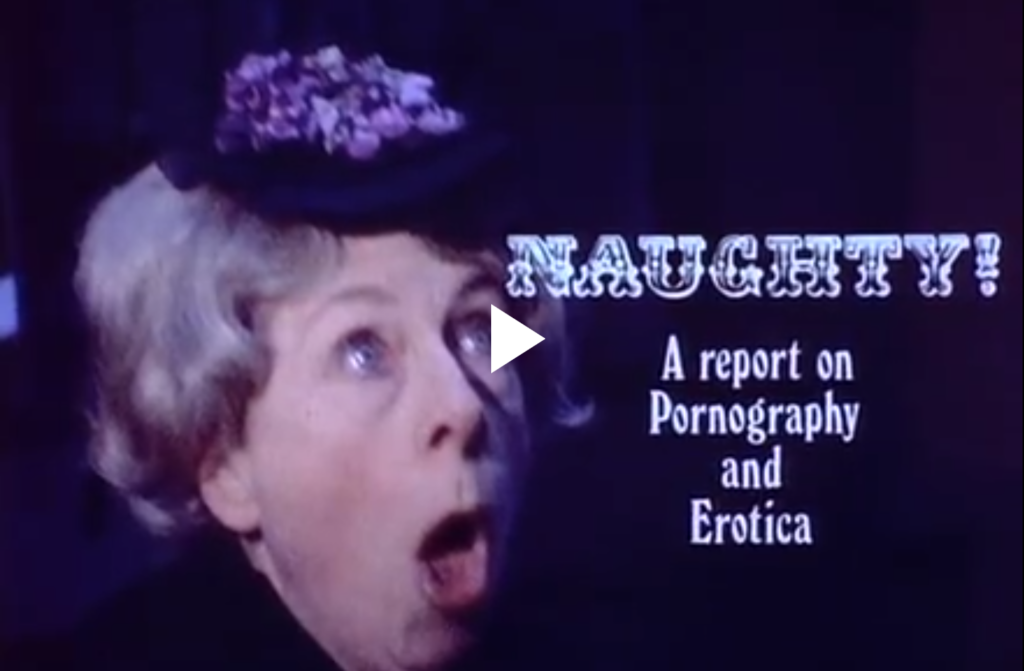Bob Andy was a Jamaican singer-songwriter famous for compositions like “Feel Like Jumping” (1968) and “Life” (1972).
“Life” is compiled on Nova Classics volume 1.

Bob Andy was a Jamaican singer-songwriter famous for compositions like “Feel Like Jumping” (1968) and “Life” (1972).
“Life” is compiled on Nova Classics volume 1.
Stuart Gordon is a film director is best-known for his Re-Animator (1985), based on H. P. Lovecraft’s “Herbert West—Reanimator” (1922).
The story starts with these lines ominous lines, in keeping with Lovecraft’s sinister oeuvre:
“Of Herbert West, who was my friend in college and in after life, I can speak only with extreme terror. This terror is not due altogether to the sinister manner of his recent disappearance, but was engendered by the whole nature of his life-work, and first gained its acute form more than seventeen years ago, when we were in the third year of our course at the Miskatonic University Medical School in Arkham. While he was with me, the wonder and diabolism of his experiments fascinated me utterly, and I was his closest companion. Now that he is gone and the spell is broken, the actual fear is greater. Memories and possibilities are ever more hideous than realities.”
H. P. Lovecraft’s “Herbert West—Reanimator” (1922)
The television documentary series Incredibly Strange Film Show did a special on Gordon in 1989 where they interviewed him in the La Brea Tar Pits
Another COVID-19 victim.
Mike Longo was an American jazz pianist known for the composition “Like a Thief In the Night” (1974).
Another covid-19 victim.
Manu Dibango was a Cameroonian saxophonist best-known for his composition “Soul Makossa” (1972), a crucial proto-disco recording.
I also had Gone Clear (1980) and Electric Africa (1985) in my collection.
Only today do I listen for the first time to the whole Soul Makossa (1972) album. I already was familiar with “New Bell” (which had been covered on the electro scene) but “Hibiscus” was new to me and totally exquisite.
Now that I listen to “Soul Makossa” today, I hear in the bassline resonances of acid house. Do you hear it too?
Lucia Bosè was an Italian actress with a long and fruitful career.
I choose to remember her by a documentary film she did not act in.
In Toute la mémoire du monde (1956), an identified photo of her is on the cover of a fictional book with the title Mars.
The cover of that book is unveiled at 9:42. The audience follows the book around the library as it makes its way to the shelves.
Eric Weissberg was an American musician best-known for his arrangement of “Dueling Banjos” in 1972 for the film Deliverance.
Suzy Delair was a French actress with a long and fruitful career.
I choose to represent her with one film, Atoll K (1951), the final film of Stan Laurel and Oliver Hardy in which she is a marooned cabaret singer.
The film is strangely relevant today in its goofy discussion of statelessness and open borders.
There is one scene where this all comes together when they wish to establish their island as a new republic, with Hardy as president and Laurel as “the people.”
They write a constitution declaring their atoll will have no laws, no taxes, and no immigration controls.
Oliver asks:
Now, what kind of government do we want?
Very little government would be good, I think.
– Without too many laws.
– And no passports.
No passports.
– And no prisons.
– No prisons.
What?
– No taxes.
– No taxes.
This is getting to be a perfect government.
And I will add…
No laws and no money.
—Atoll K, 1:02:00
William Levy was a maverick of post-war underground press and counterculture. He was involved with IT and founded Suck.
The documentary, Beyond Criticsm (2013) by Malcolm Hart, gives a good overview of his life and work.

Sometimes a death escapes my attention.
This particular death escaped my attention for eight years.
Stanley Long was a British filmmaker active in what is known as exploitation cinema.
An untypical work, Naughty! (1971) is recommended for including scenes of the Wet Dream Film Festival (1970).
The film is a laudable attempt to fictionalize the history of erotica and is appears to be based on The Other Victorians (1964) which was the first book to revert the received idea of Victorian prudishness. It’s similar to way worse movies such as Sexual Freedom in Denmark (1970).
You can watch Naughty as I just did by following site:https://www.eroticage.net “naughty”. That ‘eroticage.net’ site seems interesting because it has lots of vintage erotica films from the golden age of porn.
P.S. While researching Naughty! I found out that William Levy passed away in 2019.
Kenny Rogers was an American singer mainly known for his work in country music.
Since I have but a flimsy a connection with that genre, my lemma on Mr. Rogers is satisfyingly brief.
However, early in his career, Kenny put out two quirky and interesting records.
The first is “Just Dropped In (To See What Condition My Condition Was In)“, a song that reflects the LSD experience and captures the short-lived psychedelic era of the late 1960s.
Then there is “Ruby, Don’t Take Your Love to Town“, a song about the male angst of a paralyzed Vietnam war veteran and his wife who goes to town to find a lover.
The “Ruby” song concludes with the darkly ominous words “If I could move I’d get my gun and put her in the ground.” Bit of nasty femicide threat there for ya.